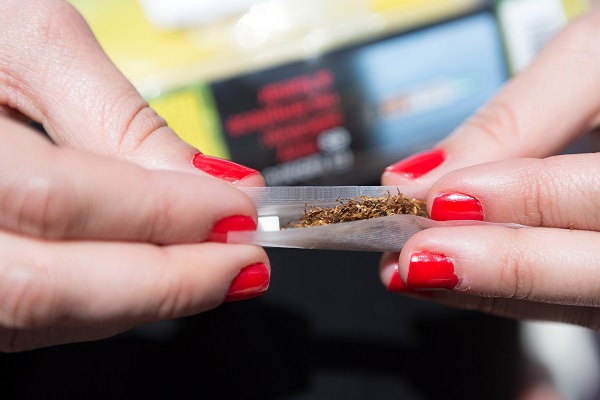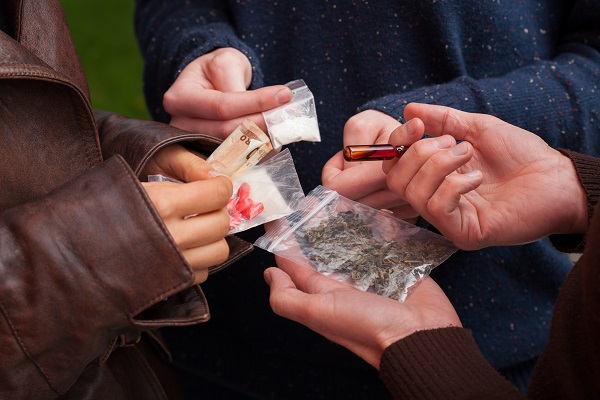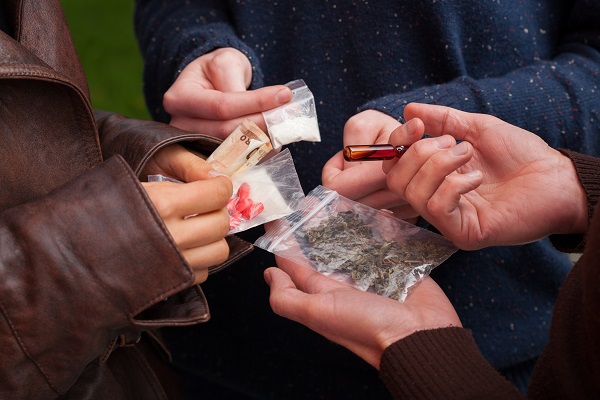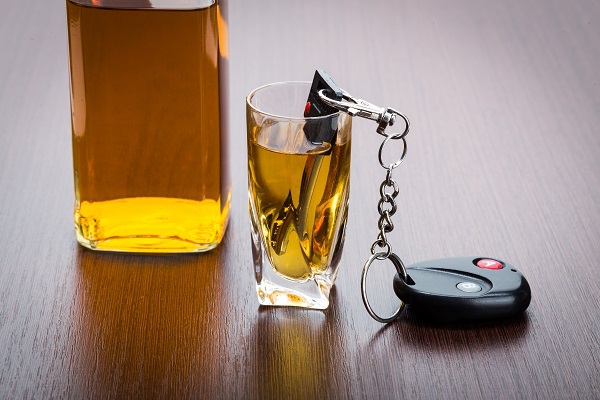Are Head Shops Illegal in Oklahoma?
Head shops are stores that sell rolling papers, smoking accessories, and what police might call “drug paraphernalia”, along with tobacco and other legal products. Law enforcement in Oklahoma have cracked down on head shops over the past few years, claiming that they sell items used to take drugs. For instance, a market that sold glass pipes has been repeatedly targeted for arrests and civil asset forfeiture. Oklahoma law defines drug paraphernalia as “all equipment, products and materials of any kind which are used, intended for use, or fashioned specifically for use in planting, propagating, cultivating, growing, harvesting, manufacturing, compounding, converting, producing,...
Continue reading










